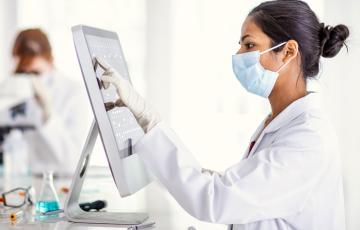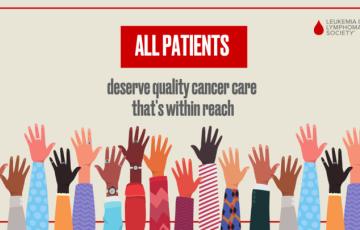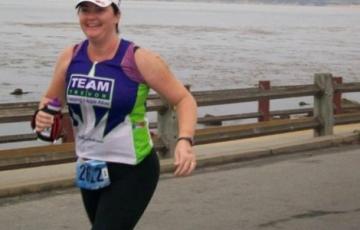Pregnancy & Cancer Registry
To collect information about the diagnosis and treatment of cancer in pregnancy, and to study the health of pregnant women with a history of cancer and their children.
- Gathers information about cancer found and treated during pregnancy at various hospitals into a single database.
- Designed to follow women and their children through diagnosis, treatment, delivery, childhood, adolescence and beyond.
Pregnant women with cancer, caregivers, survivors, health professionals
877-635-4499 http://www.cancerandpregnancy.com/




